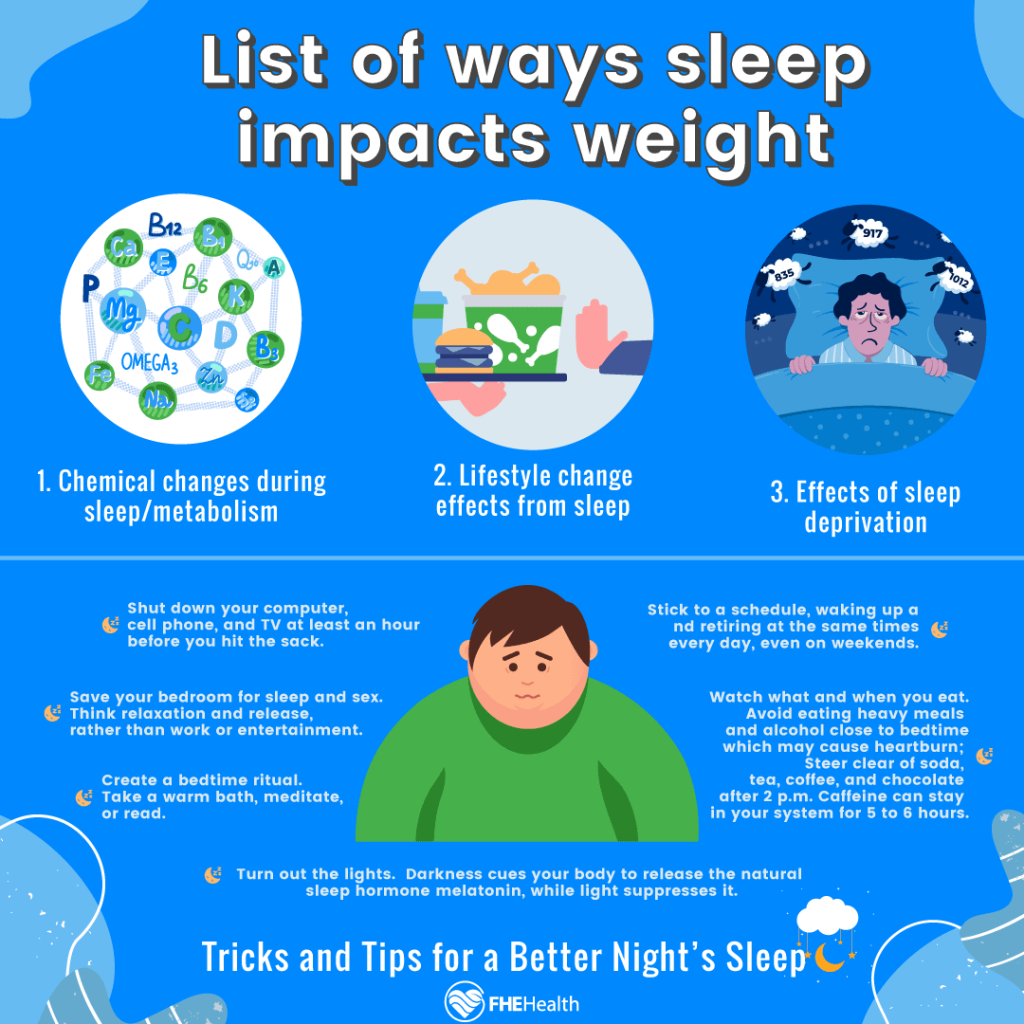The link between sleep and weight management in women

In today’s fast-paced world, women juggle multiple responsibilities, leaving them with limited time to focus on their health and well-being. One area that often gets neglected is the importance of quality sleep. Unfortunately, inadequate sleep not only affects our energy levels and cognitive function but also plays a significant role in weight management. In this article, we’ll explore the connection between sleep and weight management, specifically in women, and why prioritizing adequate sleep is crucial for overall health.
1. The Science Behind Sleep and Weight Gain:
Numerous scientific studies have demonstrated a clear link between insufficient sleep and weight gain. When we lack sleep, our body’s hormone regulation becomes disrupted, particularly affecting the hormones responsible for appetite control. The levels of ghrelin, the hormone that stimulates hunger, increase while leptin, the hormone that signals fullness, decreases. Consequently, this hormonal imbalance can lead to overeating and an increased desire for high-calorie foods, ultimately promoting weight gain.
2. Sleep Deprivation and Increased Calorie Consumption:
Sleep deprivation not only affects hormone regulation but also influences our food choices and portion control. Studies have shown that when sleep-deprived individuals are exposed to tempting, calorie-dense foods, they tend to consume significantly more calories compared to those who are well-rested. The lack of sleep impairs our ability to resist tempting, unhealthy snacks, leading to poor dietary choices that contribute to weight gain.
3. Impact on Metabolism and Energy Expenditure:
Beyond influencing calorie consumption, inadequate sleep also affects our metabolism and energy expenditure. With insufficient sleep, our metabolism slows down, making it harder for the body to burn calories efficiently. Additionally, sleep deprivation affects our energy levels, leading to decreased physical activity and fewer calories burned throughout the day. This combination of factors creates an imbalance in the energy equation, leading to weight gain over time.
4. Sleep Duration and Weight Management:
The duration of sleep also plays a crucial role in weight management. Research suggests that women who consistently sleep less than seven to eight hours per night are more likely to experience weight gain or have difficulties losing weight. This is believed to be due to the disruption of the body’s natural circadian rhythm, leading to an increased risk of insulin resistance, metabolic disturbances, and hormonal imbalances. Therefore, ensuring an adequate amount of uninterrupted sleep is essential for effective weight management.
5. Tips for Improving Sleep Quality:
To prioritize sleep and enhance its quality, consider implementing the following tips:
a. Establish a Consistent Sleep Schedule: Set a regular sleep-wake schedule, including weekends, to regulate your body’s internal clock.
b. Create a Relaxing Bedtime Routine: Engage in calming activities before bed, such as reading a book or taking a warm bath, to prepare your body and mind for sleep.
c. Create a Sleep-Friendly Environment: Keep your bedroom dark, cool, and quiet, and ensure your mattress and pillows provide adequate comfort and support.
d. Limit Exposure to Screens: Avoid electronic devices, especially blue light-emitting screens, for at least an hour before bedtime, as they can interfere with the sleep-inducing hormone melatonin.
e. Watch Your Caffeine and Alcohol Intake: Limit consumption of caffeinated beverages and alcohol, as they can disrupt sleep patterns and reduce sleep quality.
f. Incorporate Relaxation Techniques: Practice relaxation techniques like deep breathing, meditation, or yoga to alleviate stress and promote better sleep.
Conclusion:
In summary, prioritizing sleep is essential for weight management, particularly in women. Inadequate sleep disrupts our hormone regulation, leading to increased hunger, poor food choices, and decreased metabolism. Sleep deprivation also affects our energy levels and physical activity, further contributing to weight gain. To achieve optimal weight management and overall health, it is crucial for women to prioritize and improve their sleep habits. By implementing the suggested tips and recognizing the link between sleep and weight management, women can enhance their well-being and achieve their desired health goals. So, don’t underestimate the power of a good night’s sleep!




